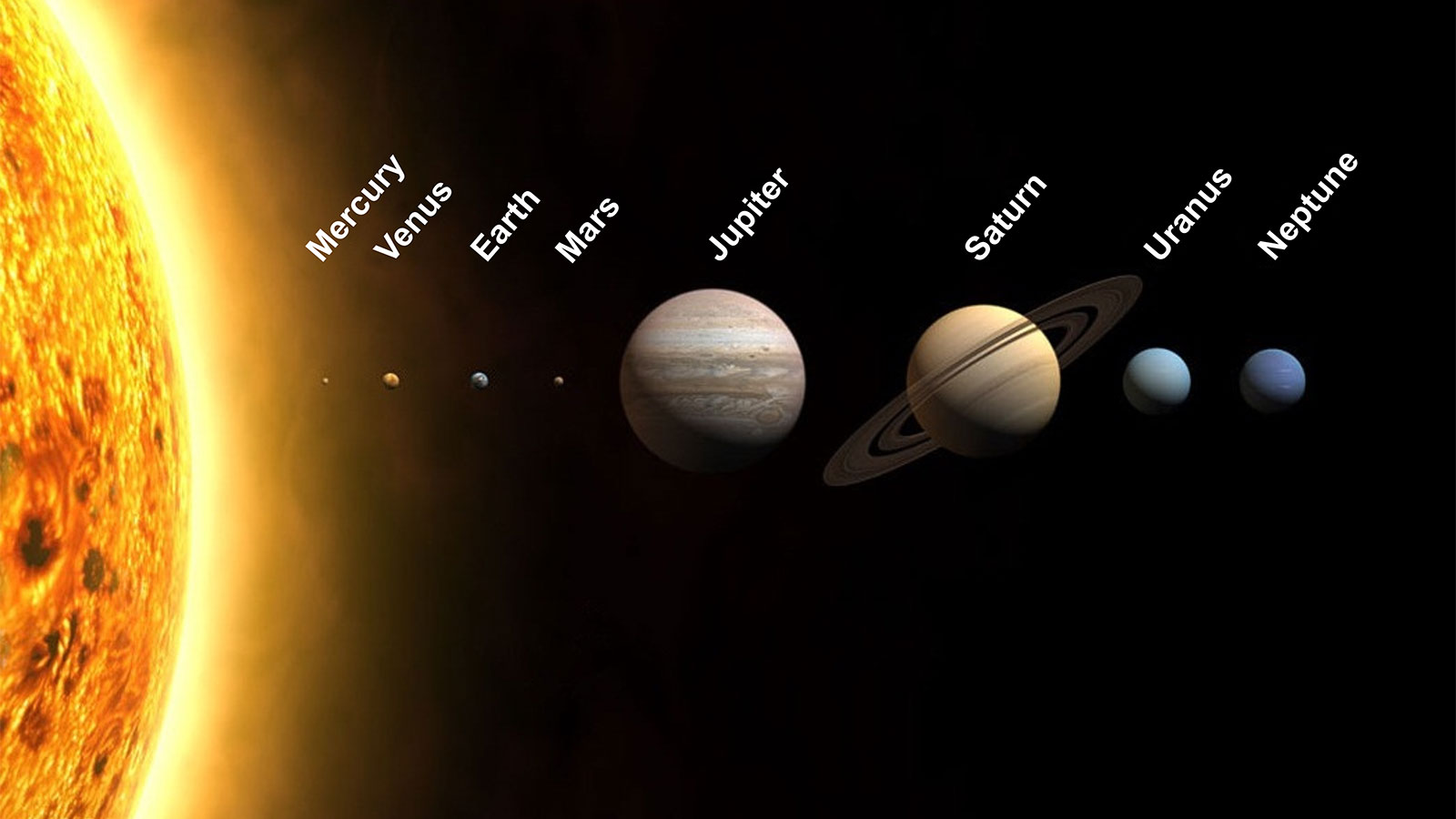Planets are celestial bodies that orbit a star, such as our Sun. They are massive enough to be rounded by their own gravity, but not massive enough to initiate nuclear fusion, unlike stars.
Types of Planets
Planets can be broadly categorized into two types:
- Terrestrial Planets: These are rocky planets with solid surfaces. They are typically smaller and denser than gas giants. Examples include Mercury, Venus, Earth, and Mars.
- Gas Giants: These are massive planets composed primarily of gases, such as hydrogen and helium. They have no solid surface and are much larger than terrestrial planets. Examples include Jupiter, Saturn, Uranus, and Neptune.
Key Characteristics of Planets
- Orbit: Planets orbit stars in elliptical paths.
- Gravity: Planets have sufficient gravity to shape themselves into spheres.
- Clearing the Neighborhood: Planets have cleared the neighborhood around their orbits of other celestial bodies.
- No Nuclear Fusion: Planets do not generate energy through nuclear fusion.
The Solar System’s Planets
Our Solar System has eight planets:
- Mercury: The smallest and closest planet to the Sun.
- Venus: The hottest planet, often called Earth’s “sister planet.”
- Earth: The only known planet to support life.
- Mars: The Red Planet, known for its iron oxide-rich surface.
- Jupiter: The largest planet, a gas giant with a Great Red Spot.
- Saturn: Famous for its rings, composed of ice and rock particles.
- Uranus: An ice giant tilted on its side.
- Neptune: A distant ice giant with strong winds and storms.
Beyond Our Solar System: Exoplanets
In recent decades, astronomers have discovered thousands of planets orbiting other stars, known as exoplanets. These exoplanets come in a wide variety of sizes, compositions, and orbital characteristics. The discovery of exoplanets has expanded our understanding of planetary formation and the potential for life beyond Earth.
The study of planets, both within and outside our Solar System, continues to be a fascinating and evolving field of research. As technology advances, we can expect to uncover even more about these celestial bodies and their role in the universe.
Would you like to delve deeper into a specific planet, exoplanet, or planetary formation?
